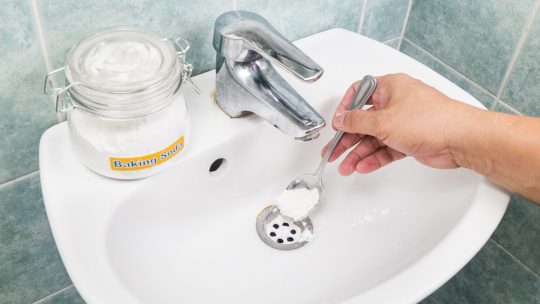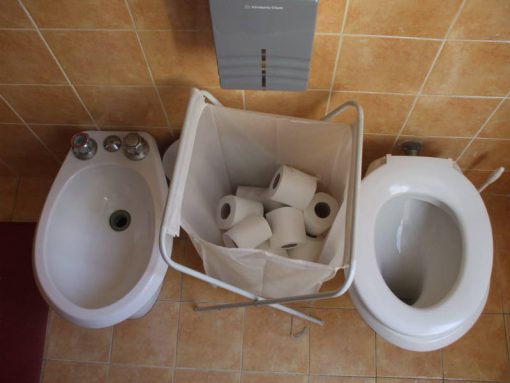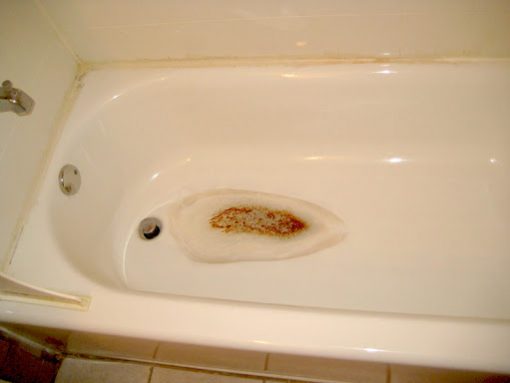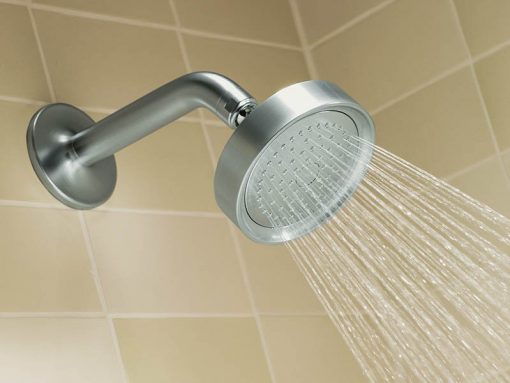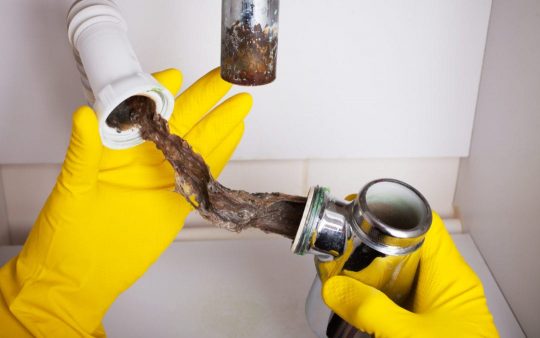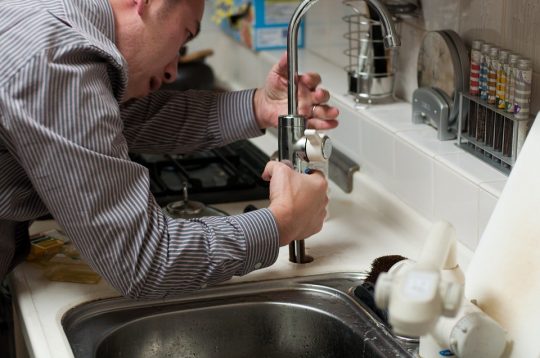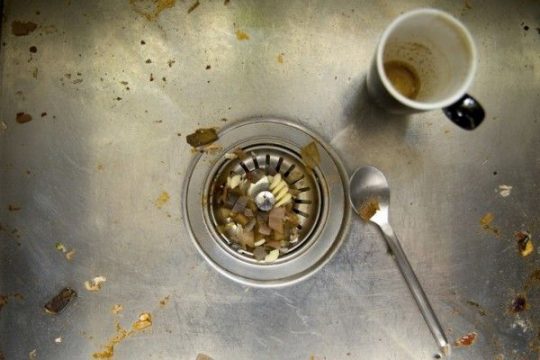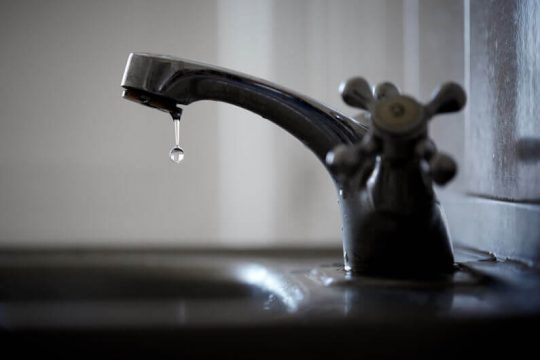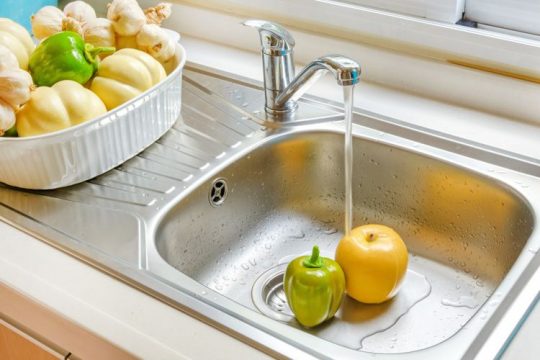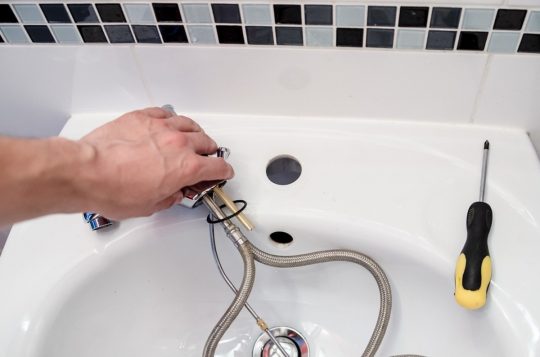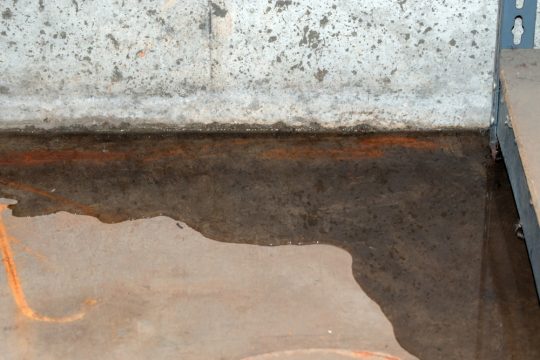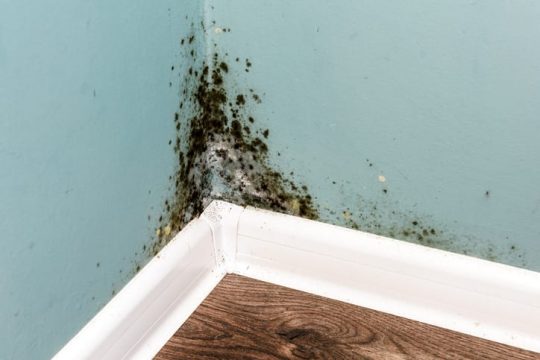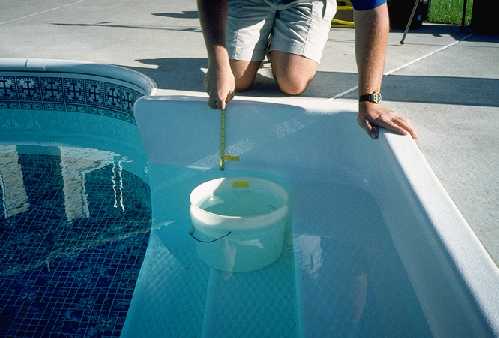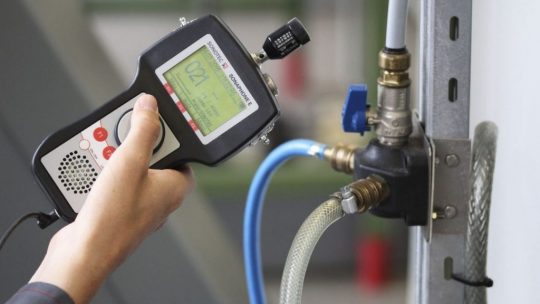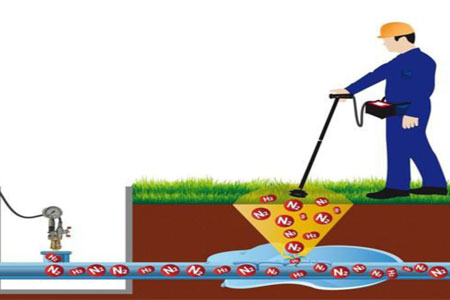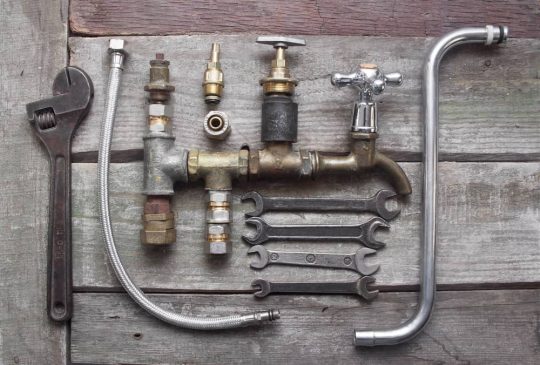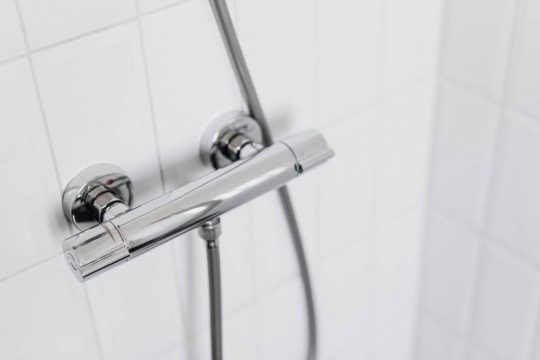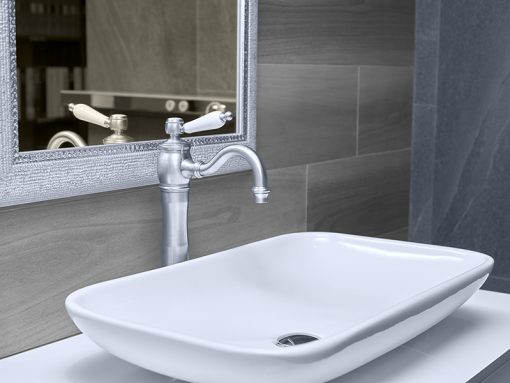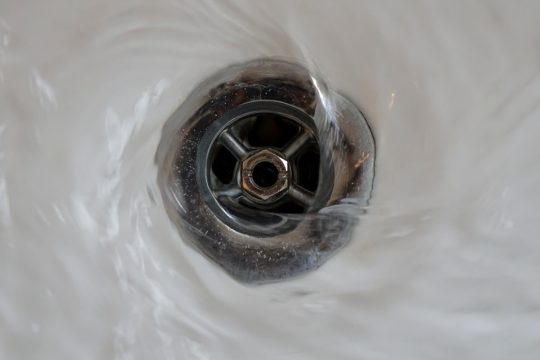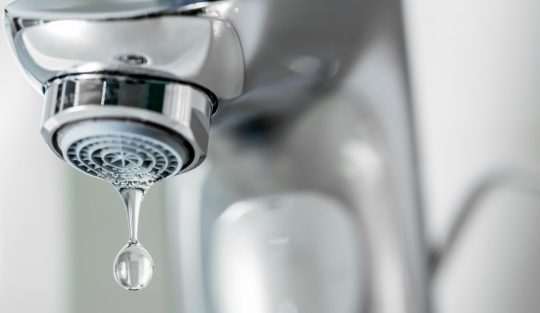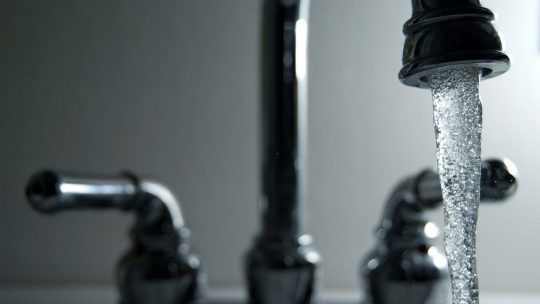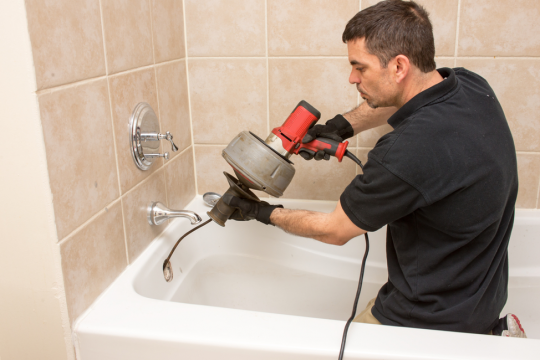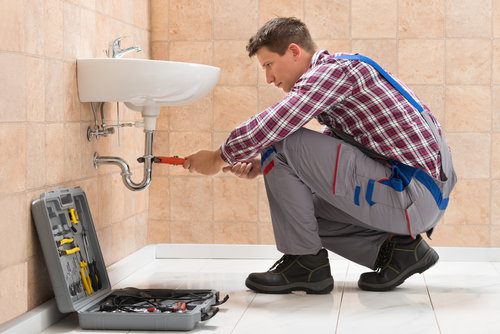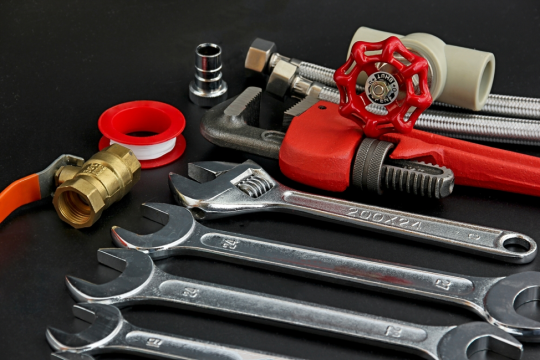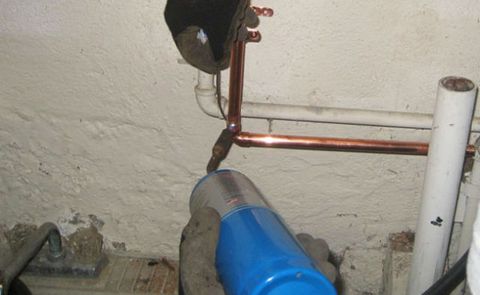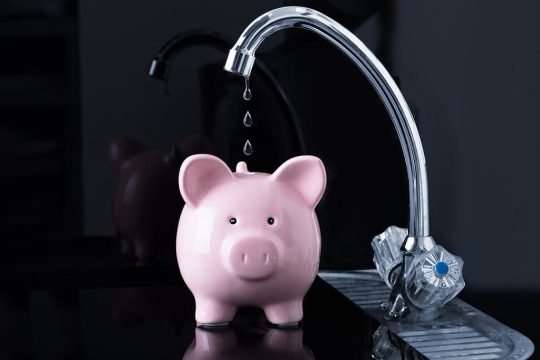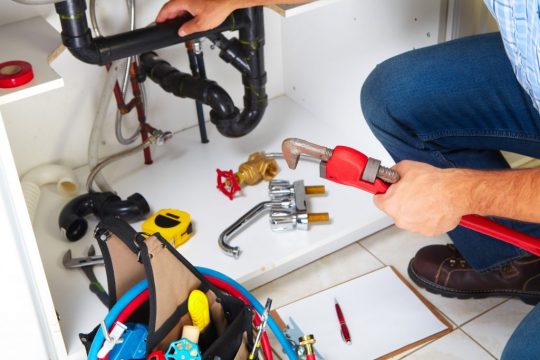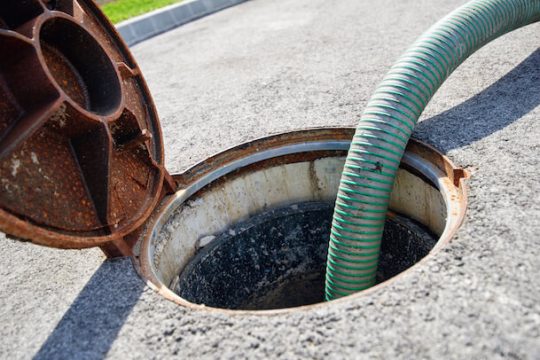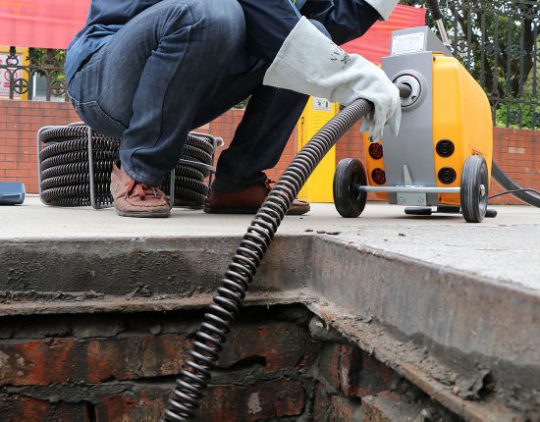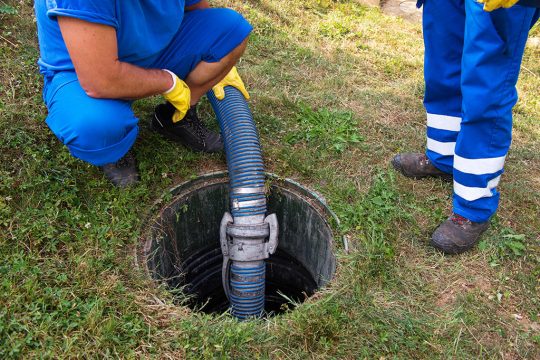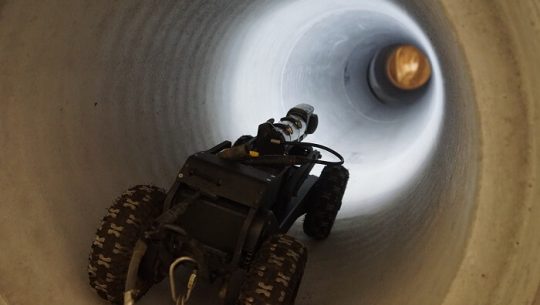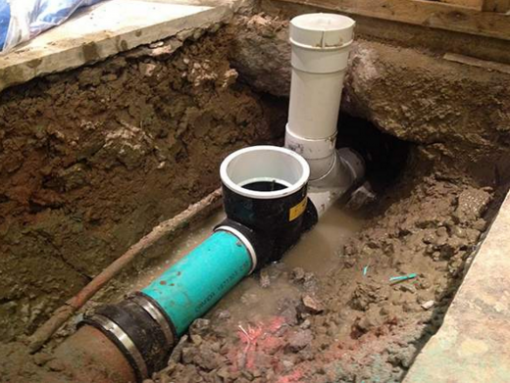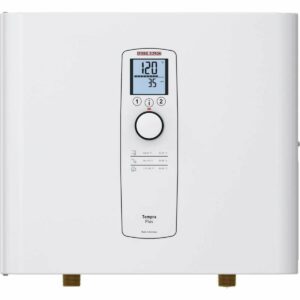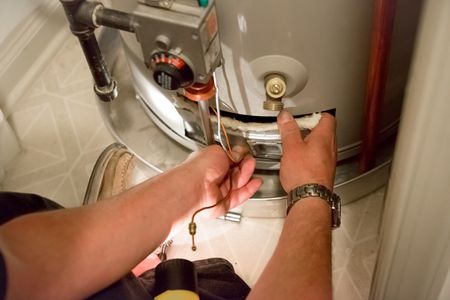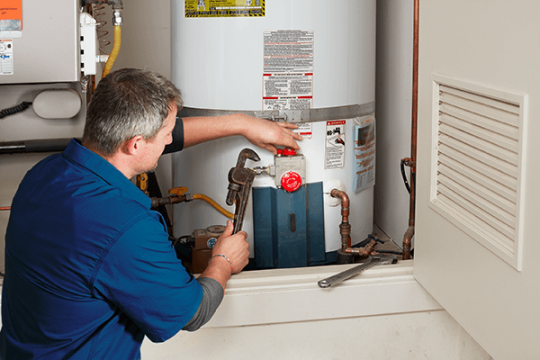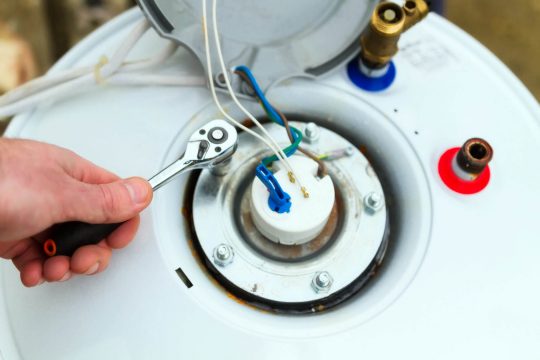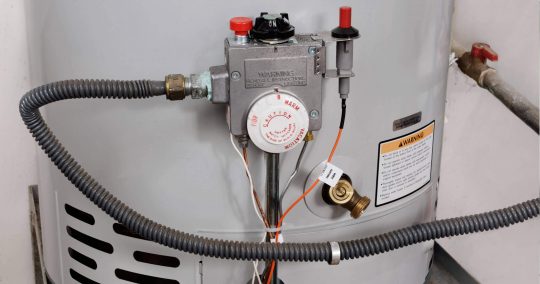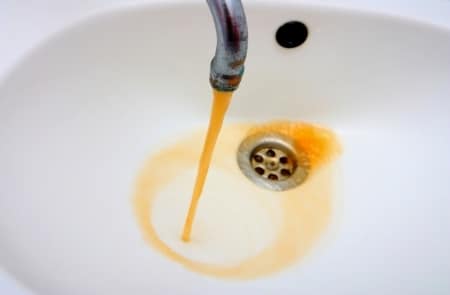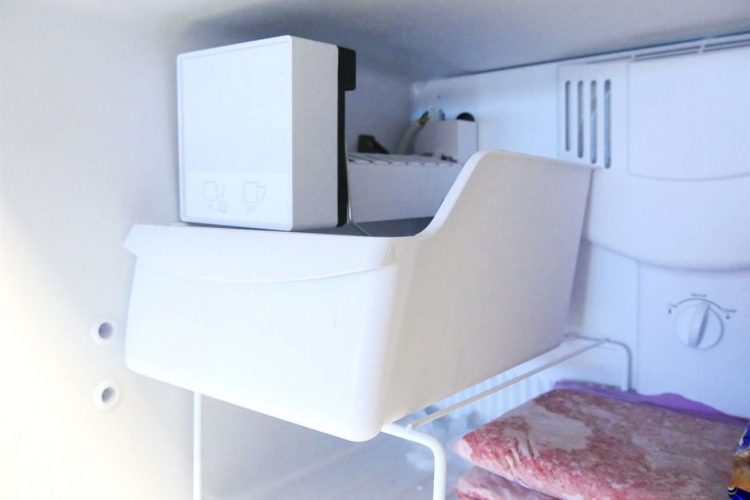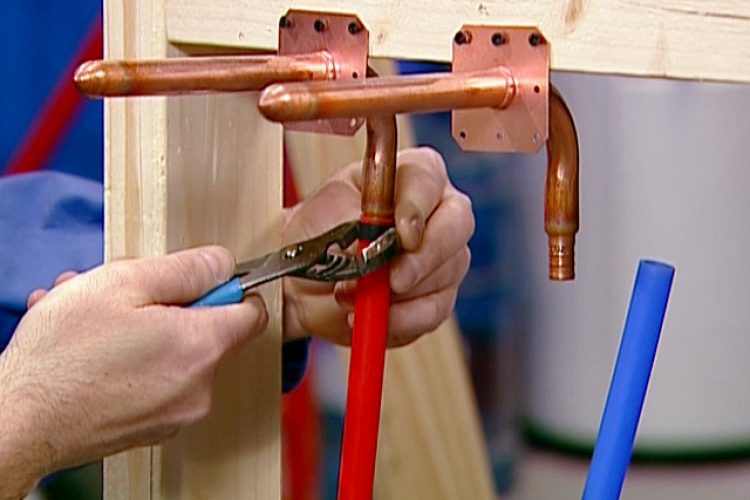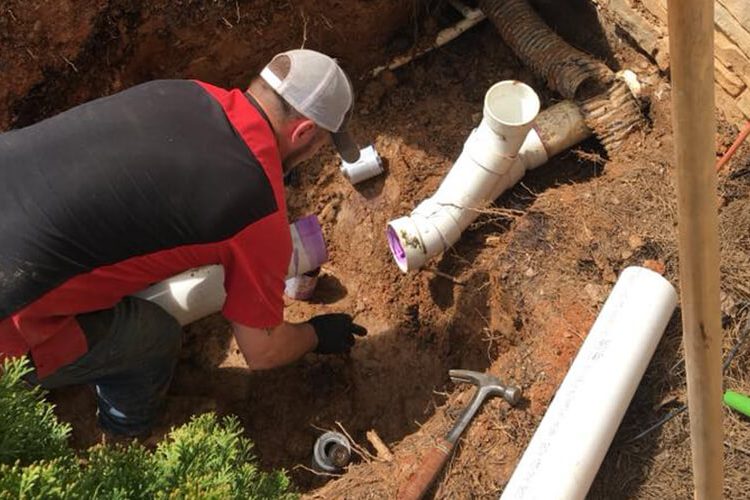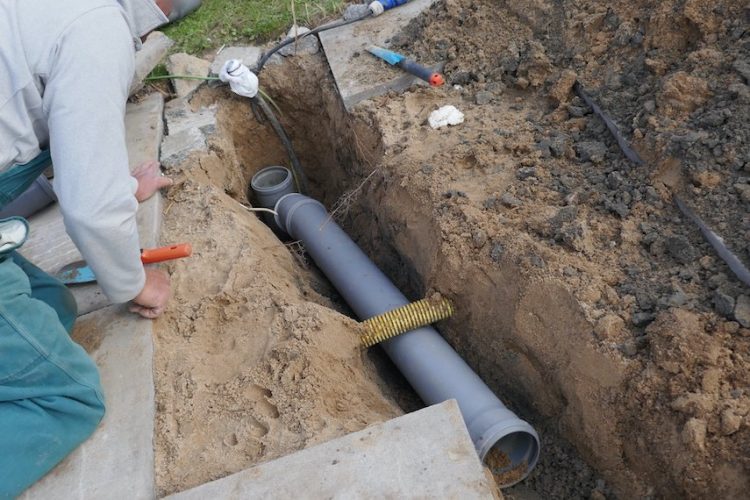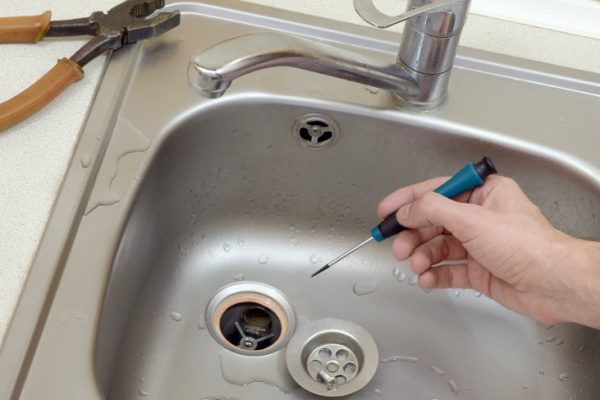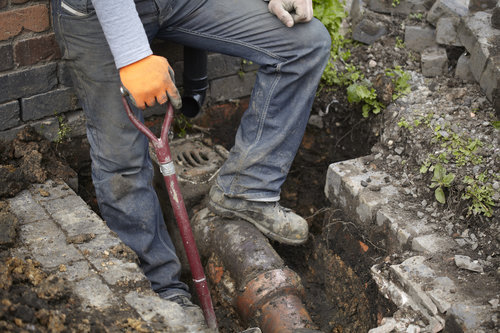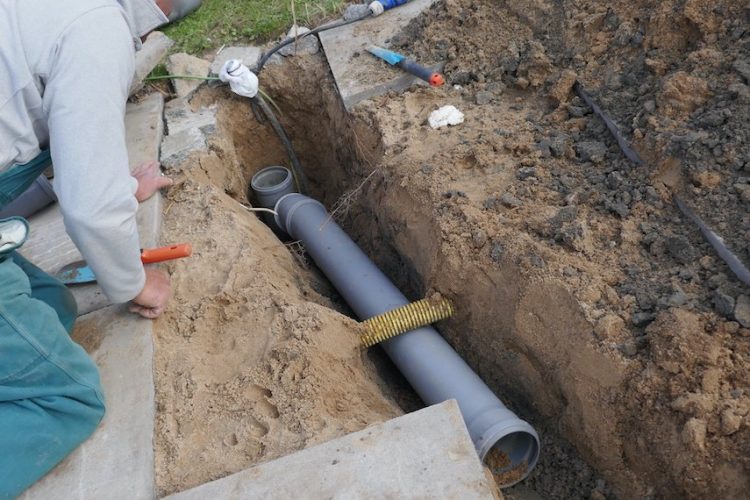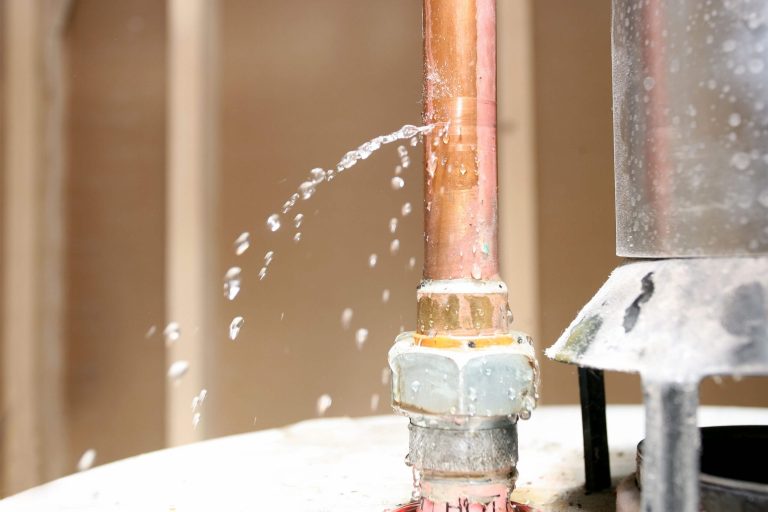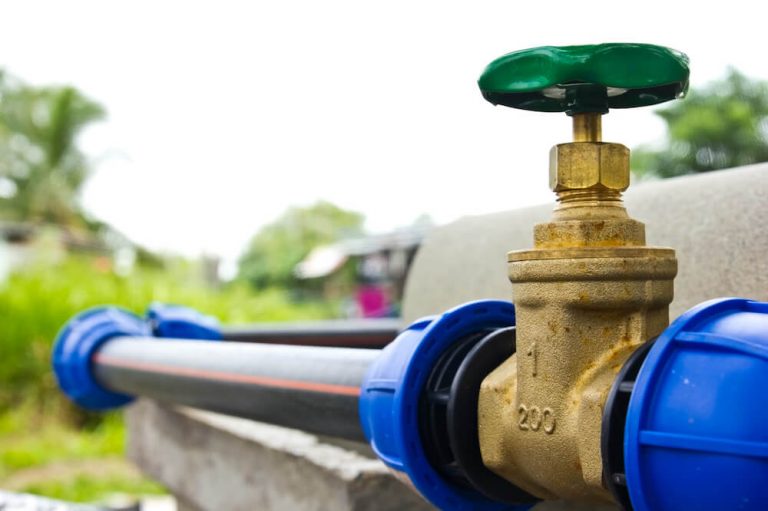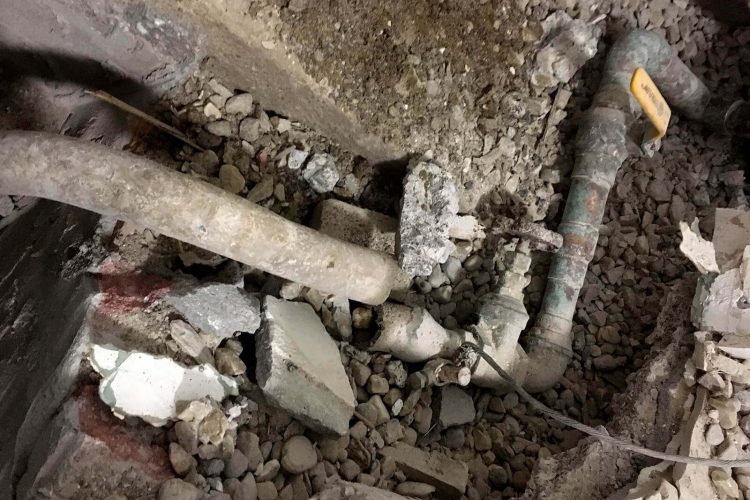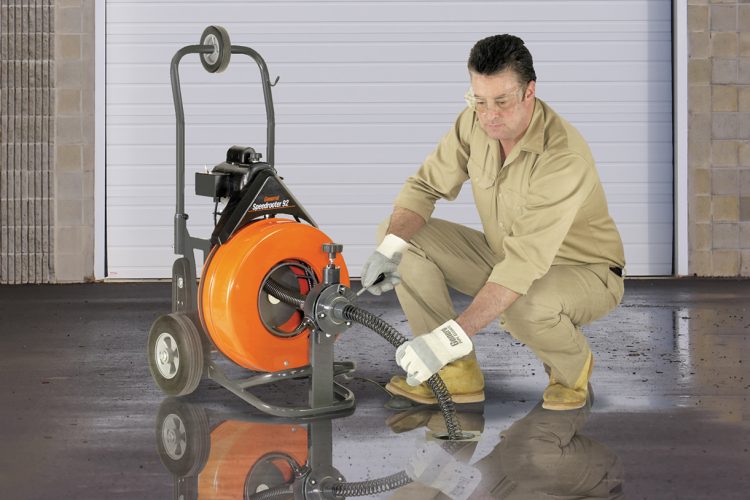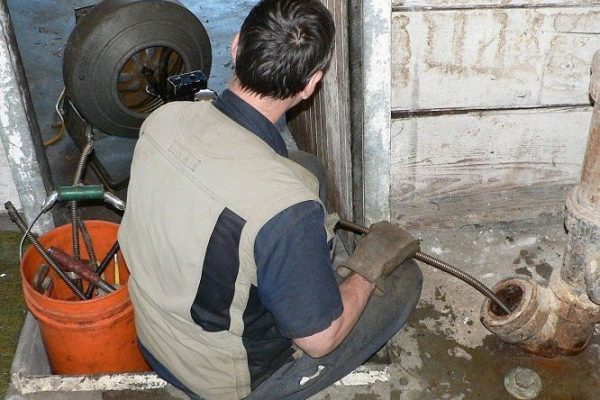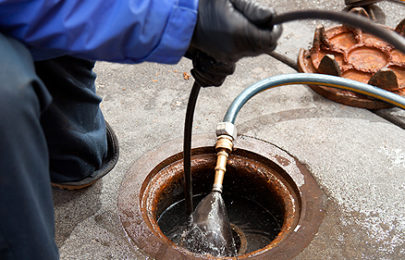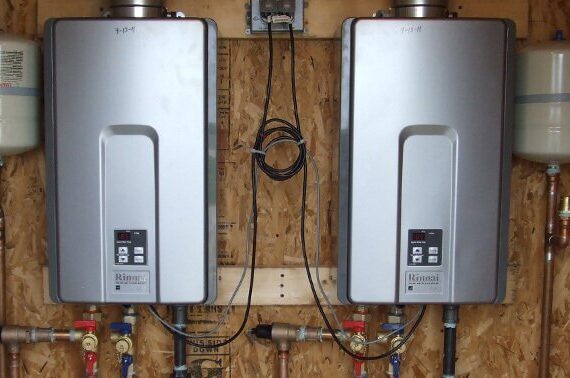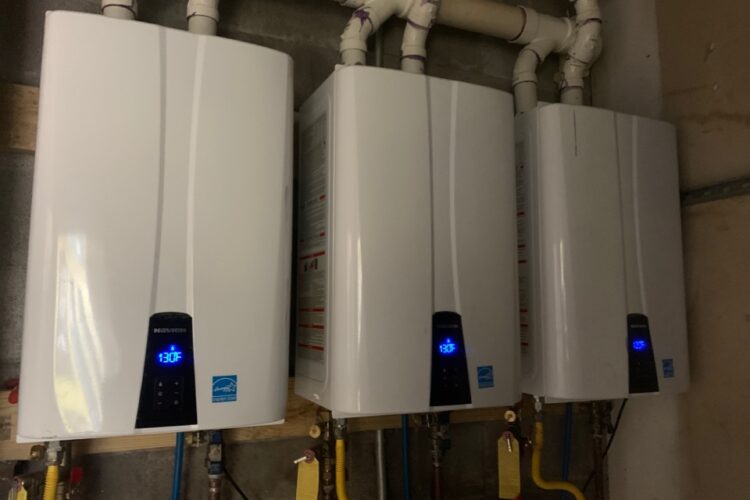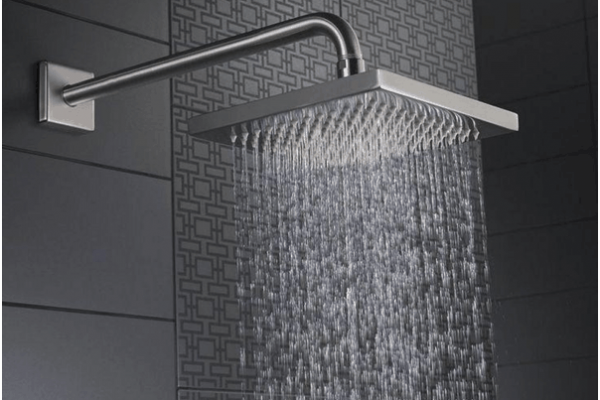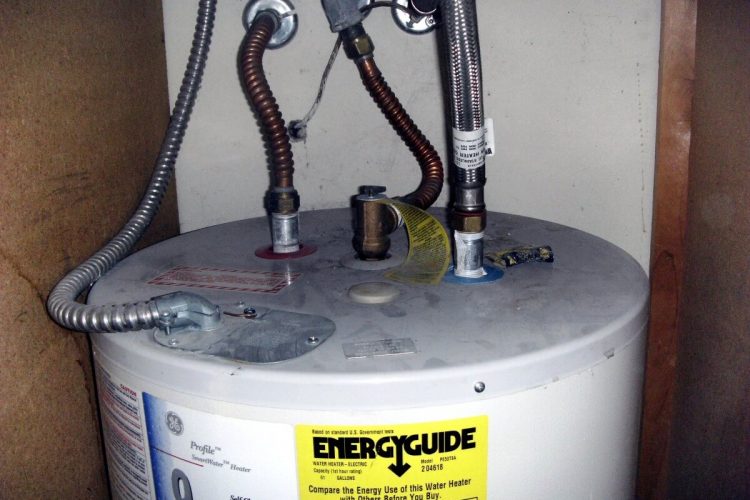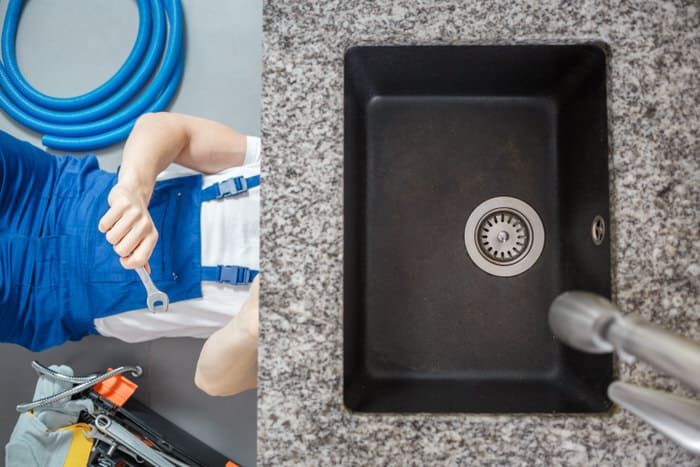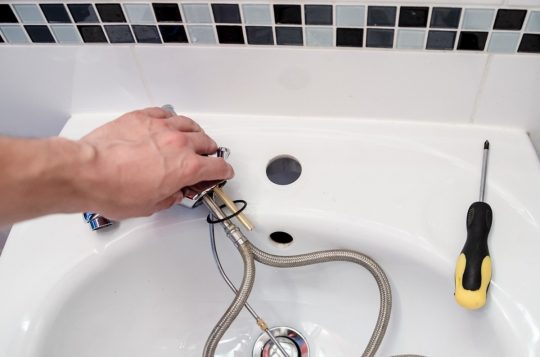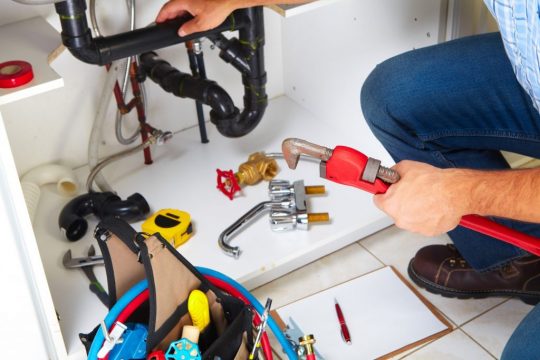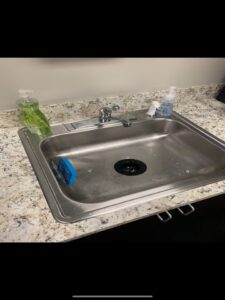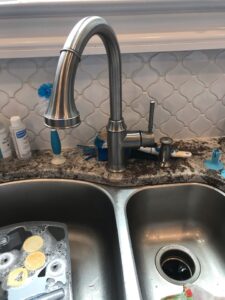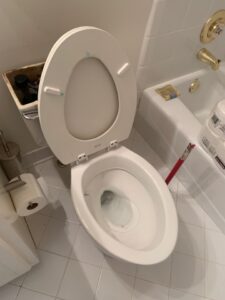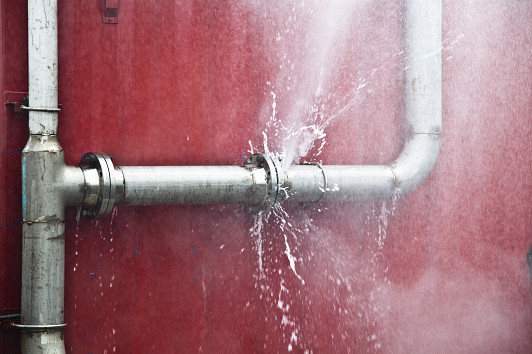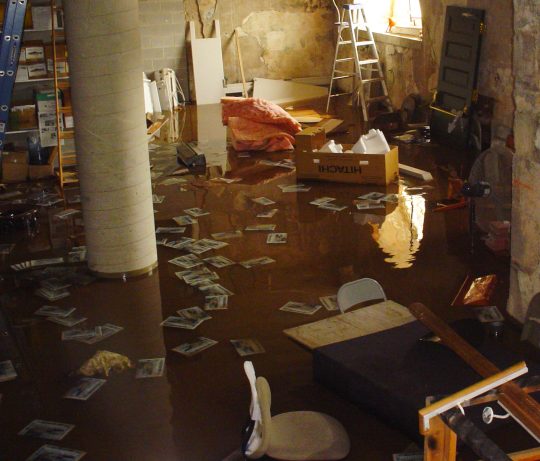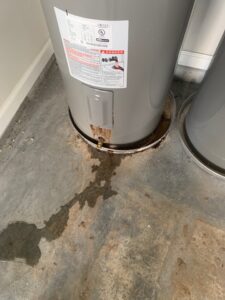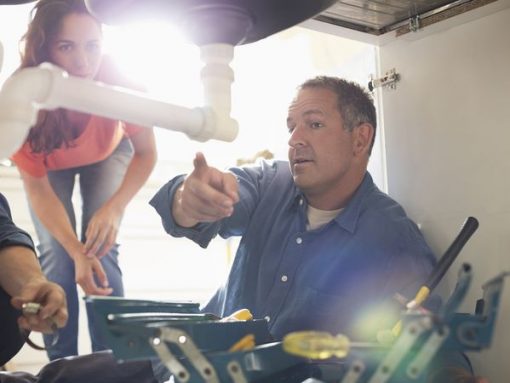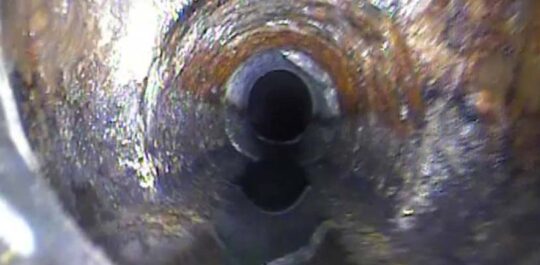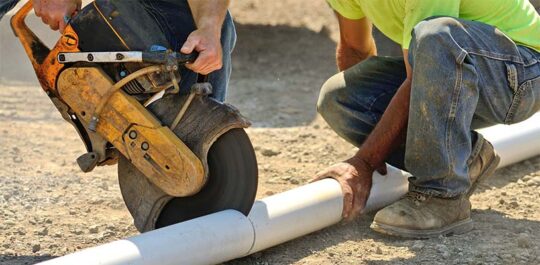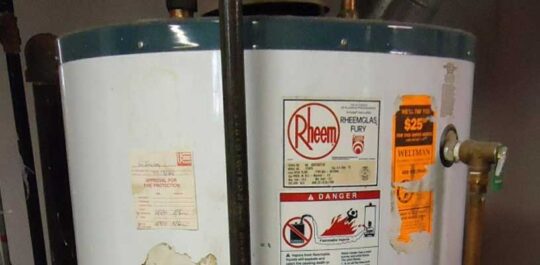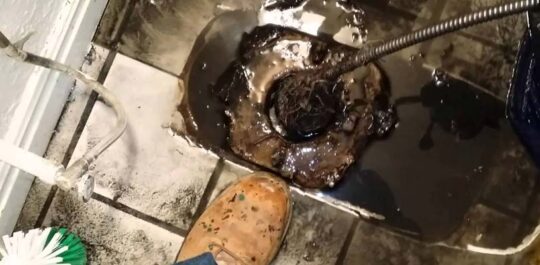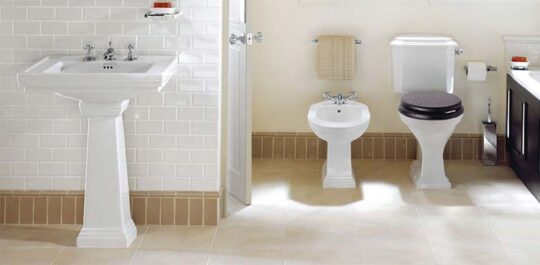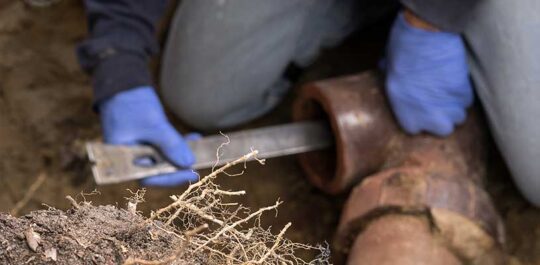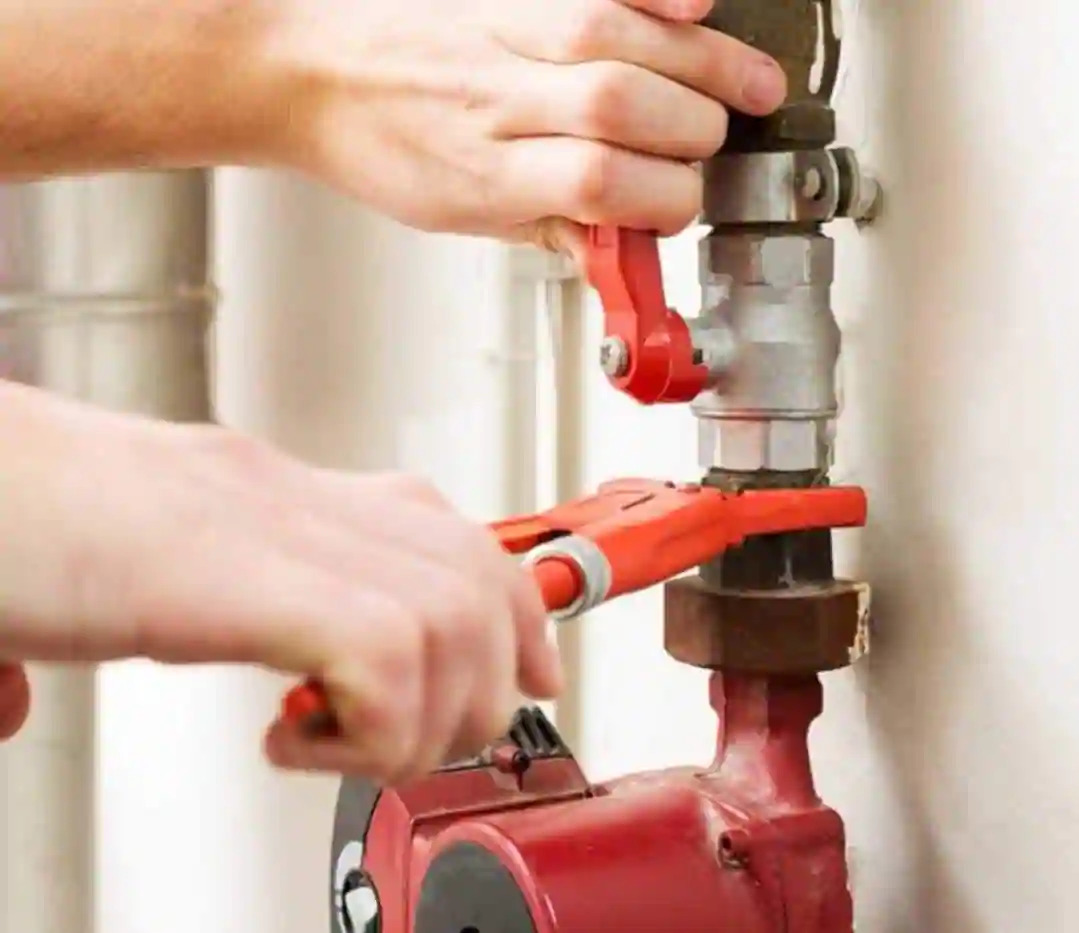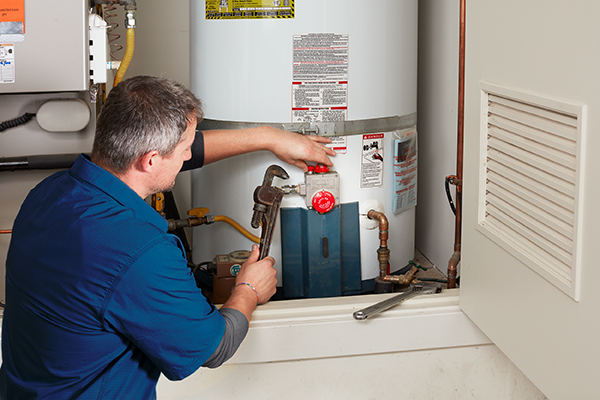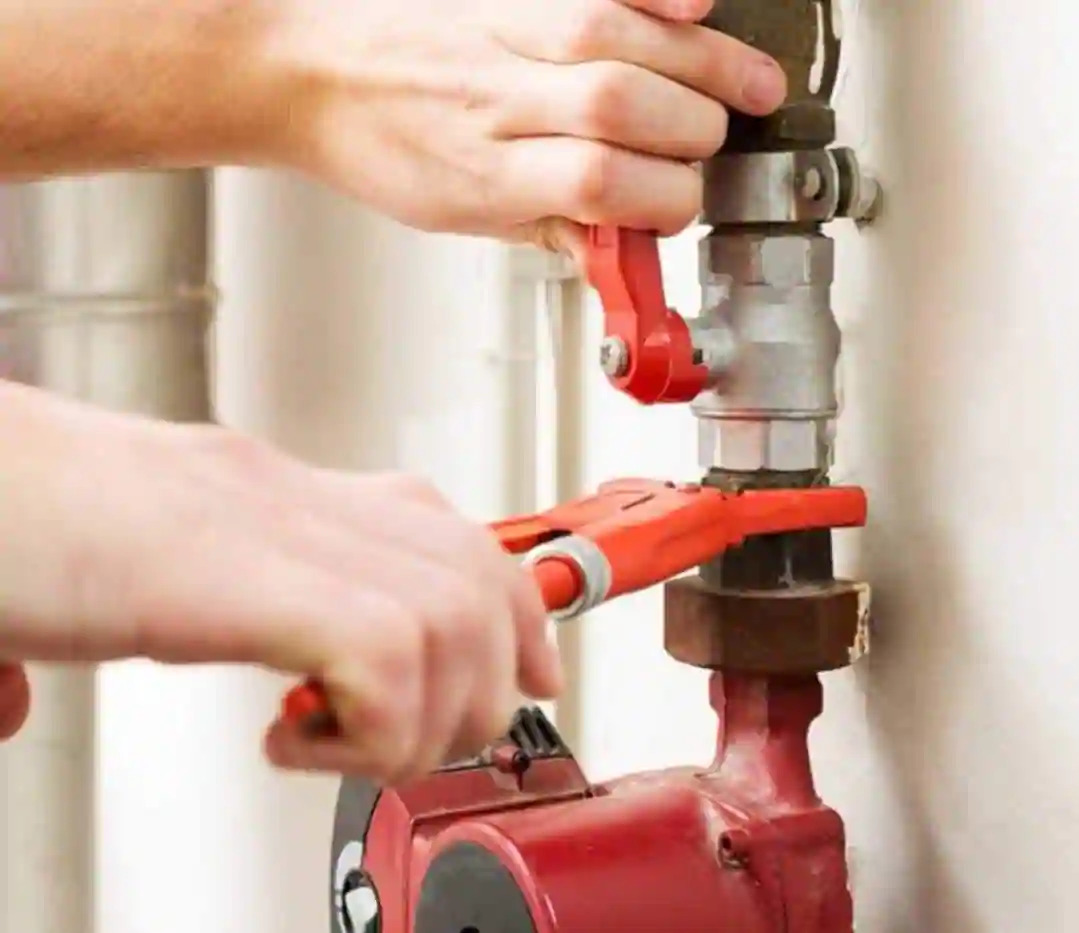Why am I Always Running Out of Hot Water
A long, hot shower is the perfect way to take a break from the stresses of the day. But for far too many homeowners, running out of hot water abruptly puts an end to their relaxation. Where there used to be an abundance of hot water for the whole family, there suddenly seems to be a shortage of it. In this article, we’re going to explain 4 possible causes that can make your shower suddenly frigid.
Running Out of Hot Water? 1 of These 4 Reasons Could Be Why
The absence of hot water can be a mystery, but your investigation should always lead you to your water heater. The problem likely doesn’t lie anywhere in your pipes, but in this essential appliance responsible for heating all the water in your home. There are some problems that can arise within your water heater and cause it to give you a diminished amount of hot water.
Sediment Build-Up
Are you running out of hot water right around the time that your water heater has started rattling or shaking? This could mean that sediment build-up inside of your water heater is causing the hot water shortage.
During the heating and storage of water in the tank, minerals can deposit themselves to the inside of the water heater. This is a normal part of the process. But when the minerals deposit enough to leave a significant amount of sediment (thus displacing water), this can lead to loud shaking and rattling of the unit.
Faulty Dip Tube
The dip tube is responsible for pushing cold water to the bottom of the tank, ensuring that it gets heated. When the dip tube is broken or has simply outlived its functionality inside your water heater, this pushing action doesn’t happen. Instead, the cold water is left at the top, where it then mixes with the warmer water in the tank. This drastically lowers the general temperature of the “hot” water coming out of your taps.
Damaged Lower Heating Element
While water heaters typically have a heating element at the top and at the bottom, it is the lower heating element that is likelier to give you problems. This is because water is heated toward the bottom of the tank. You might have this problem if your heater is being burned out due to excessive sediment build-up, if your thermostat is found to be faulty, or in the event of an electrical shortage.
Age
We hate to think about the expense of replacing outdated water heaters, but it is a reality that every homeowner will face at some point. The average water heater can operate successfully for as many as 13 years. If you’ve had your water heater for a decade or more, there’s a very strong chance that you may be experiencing water heater failure. And unfortunately, the only way to remedy this is to replace the unit.
If you’re unsure of how old your water heater is, take a look at the top of the water heater tank. There you should find a serial number. The serial number denotes when the water heater was manufactured. In most cases, the month will be the first two numbers, with the year being the third and fourth numbers.
For instance, if your serial number begins with “0317,” it was manufactured in March of 2017.
If you’re always running out of hot water, you need to turn your attention to your water heater.

